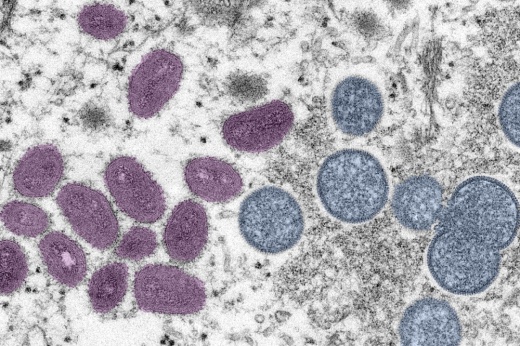According to an Aug. 16 press release from the city of Houston, the change follows revised guidance for emergency use authorization from the U.S. Centers for Disease Control and Prevention and the Texas Department of State Health Services.
“We are eager to protect many more people in our community,” said Dr. David Persse, chief medical officer for the city of Houston, in the release. “We hope to avoid the high number of cases that other large cities are currently reporting.”
Over the weekend, more than 800 people were injected with their first dose of the Jynneos vaccine through a special clinic that was held to “progress quickly through booked vaccination appointments,” the release said. So far, 2,942 people have been vaccinated subcutaneously, with the injection’s medicine going into the tissue layer between the skin and muscle.
The HHD has asked for additional vaccines and will continue to do so, the release said. Currently, the Houston area has 265 confirmed cases while Harris County outside the city of Houston has 42 cases. According to the release, widespread vaccination is not recommended at this time as the risk to the city’s general population remains low.
According to the release, the virus spreads through close, personal, skin-to-skin contact or through contact with items such as clothing or linens that previously touched the rash or body fluids from a person infected with monkeypox. Symptoms of the virus include a rash or sores that resemble pimples or blisters, fever, headache, weakness, chills and swollen lymph nodes.
The HHD is prioritizing monkeypox vaccinations for those who have had high or intermediate risk contact with someone with the virus and people who attended an event or venue where there was a high risk or exposure to someone with the virus. The HHD works with event or venue organizers to identify those who might be at risk, the release said.
According to the release, other groups who can receive the vaccine are men 18 years or older who have intimate relations with other men and have had multiple or anonymous sexual partners within the past 21 days; people who have a sex partner who is suspected of having the virus; people who are HIV positive or on HIV pre-exposure prophylaxis; or people who have had a diagnosis of chlamydia, gonorrhea, or early syphilis within the previous three months.





